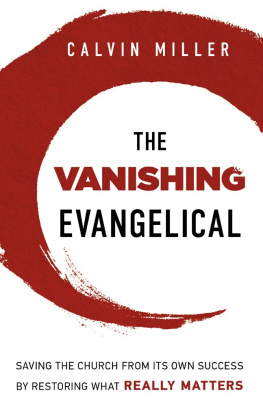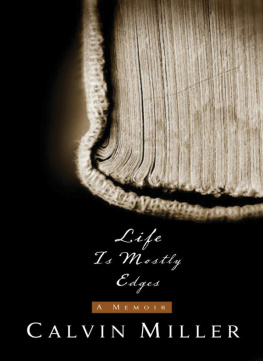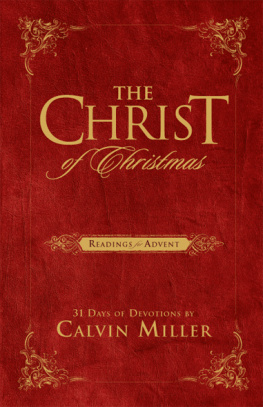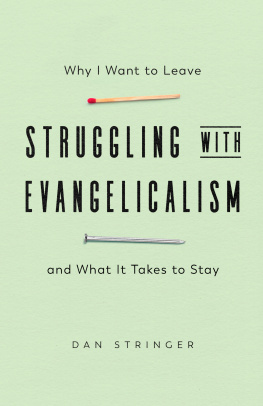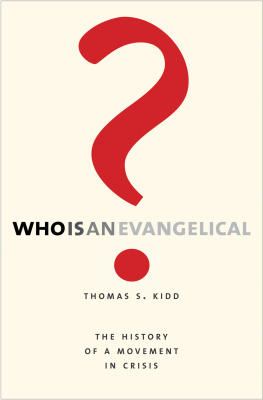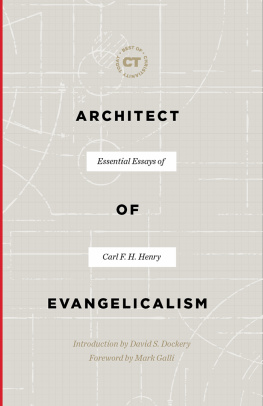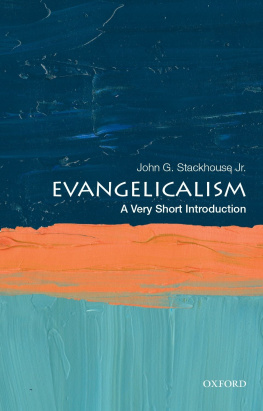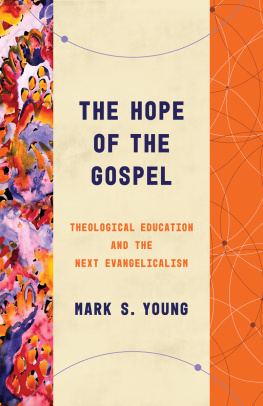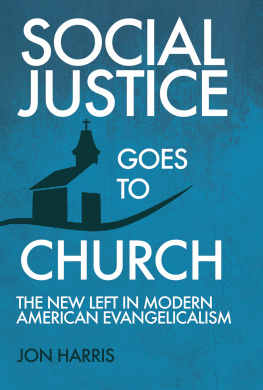
2013 by Calvin Miller
Published by Baker Books
a division of Baker Publishing Group
P.O. Box 6287, Grand Rapids, MI 49516-6287
www.bakerbooks.com
Ebook edition created 2013
All rights reserved. No part of this publication may be reproduced, stored in a retrieval system, or transmitted in any form or by any meansfor example, electronic, photocopy, recordingwithout the prior written permission of the publisher. The only exception is brief quotations in printed reviews.
ISBN 978-1-4412-4229-7
Library of Congress Cataloging-in-Publication Data is on file at the Library of Congress, Washington, DC.
Unless otherwise indicated, Scripture quotations are from the Holy Bible, New International Version. NIV. Copyright 1973, 1978, 1984, 2011 by Biblica, Inc. Used by permission of Zondervan. All rights reserved worldwide. www.zondervan.com
Scripture marked KJV is taken from the King James Version.
Scripture marked Message is taken from The Message by Eugene H. Peterson, copyright 1993, 1994, 1995, 2000, 2001, 2002. Used by permission of NavPress Publishing Group. All rights reserved.
Scripture marked NKJV is taken from the New King James Version. Copyright 1982 by Thomas Nelson, Inc. Used by permission. All rights reserved.
The author is represented by WordServe Literary Group.
The Vanishing Evangelical is not only a fitting epitaph of Calvin Millers well-lived life but also a prophetic trumpet blast to the church given to us as he entered eternity. Upon reading his visionary summons, I was duly convicted, then encouraged; challenged, then affirmed; guilty as charged, then exonerated with grace. Calvin Millers amazingly insightful work is written for such a time as this, calling a sedated church back to her first love and to her rightful place.
Wayne Cordeiro, founder and senior pastor of New Hope Christian Fellowship, Honolulu, Hawaii
Calvin Miller was a pastor, professor, artist, apologist, evangelist, and writer of renown. He was also my friend, colleague, racquetball mate, and discussion partner. This is the last book he wrote, and its well worth the read. I wish Calvin were still here so that I could take him to Starbucks to chat about several things he wrote in this volume, but Im sure he is occupied with higher things in a better place. We are still tracking with you, Calvin!
Timothy George, founding dean of Beeson Divinity School of Samford University; general editor of the Reformation Commentary on Scripture
Calvin Miller knew the evangelical world from many perspectivesas a pastor, church planter, bestselling author, and teacher. In The Vanishing Evangelical , he summons his decades of experience and his considerable talents to craft a powerful indictment of the current state of the evangelical church. Dealing with challenges such as a declining interest in worship and discipleship, postmodern thought, wavering orthodoxy, and more, the book nevertheless points to factors that indicate the potential for a more promising future. Church leaders should take seriously both Millers concerns and his prescriptions for the future of the church.
Michael Duduit, executive editor of Preaching magazine; dean of the College of Christian Studies at Anderson University, Anderson, South Carolina
Calvin Millers crowning work sizzles with prophetic zeal. Like Jesus, Miller had a passion that increased as his life on this planet ebbed. That passion comes through in the pages of this book.
David Murrow, author of Why Men Hate Going to Church
Contents
Preface
I want to deal with only two questions as I begin this book. The first is an issue of basic definitions as I try to answer the question: Who are evangelicals? The second question is: Who are my sources?
Who Are Evangelicals?
At the outset of our time together in the following pages, I want to spend a few paragraphs on this most basic definition. I do it because almost everyone who is an evangelical uses the term with a bit of pride and confidence, but almost no two of them have exactly the same definition. A most casual but none-too-defining definition is this one from Got Questions Ministries:
Evangelicalism is a somewhat broad term used to describe a movement within Protestantism that is characterized by an emphasis on having a personal relationship with Jesus Christ. This relationship begins when a person receives Christs forgiveness and is spiritually reborn. Those who ascribe to this belief are called evangelicals.
This is a most minimal definition, and even so is not totally correct since many who are born again do not consider themselves evangelicals .
Being an evangelical is really a kind of mystique bound up in conservative theology. The term seems to exist on two levels. On the mystique level it suggests a whole set of attitudes and faith practices that are not bound up in traditional church covenants or doctrines. The word is also activistic . Those who call themselves evangelicals tend to hold to traditional views of morality, creation, and miracles as well as the view of God in history. Further, evangelicals tend to believe in the consummation of the ages with at least some of its biblical and apocalyptic imagery.
On the other hand, it generally carries with it a doctrinal sub-base that grew out of American fundamentalism in the early to midyears of the nineteenth century. For further reading on this subject, I recommend George Marsdens book Reforming Fundamentalism .
In 1947 Fuller Theological Seminary was founded by evangelicals who felt it was time to deal with the liberal voices of the denominational scholars of that time. Carl F. H. Henry further asked, Is evangelicalisms only message today the proclamation of individual rescue?... Or has this evangel implications also for the most pressing social problems of our day?
The doctrines upon which Fuller was founded were very much the same as the fundamentals of the faith that defined fundamentalism:
So the fundamental doctrines for which they fought included the virgin birth of Christ, his miracles, his bodily resurrection, his substitutionary atonement for sin, his second coming. Of particular importance was the nature of the authority of Scripture. Modernists... emphasized the Bibles human origins; fundamentalists countered by affirming its inerrancy in history and science as well as in faith and doctrine.
Inasmuch as there is a written list of the tenets of evangelical faith, this is at least where it all began. In the formation of the term evangelical , there were huge arguments whether it should include antimodernism , dispensationalism, and separatism from other denominations that did not profess these things. Some thought so and some thought not. So this is the basic belief list of evangelicals. However, in a later chapter I mention that when modern evangelicals were polled, only a fraction agreed that they believed in all of these doctrines.
So I agree almost entirely with the shorter definition quoted from Got Questions above. Using this looser definition, I have tried to widen the concurrence to speak of evangelicals as those who self-identify as such. Generally speaking, the definition used in this book includes those who have personal faith in Jesus Christ and believe in his atoning sacrifices, miracles, virgin birth, resurrection, and second coming, as well as the all-important doctrine of redemption. Even on these more unitive definitions, there are differences in beliefs on how salvation occurs, the manner of his resurrection, and certainly on the nature of his second coming.
But given our togetherness on these more general and specific issues, you are evangelical the moment you agree to the label. I do agree, and I like the label.
Next page
